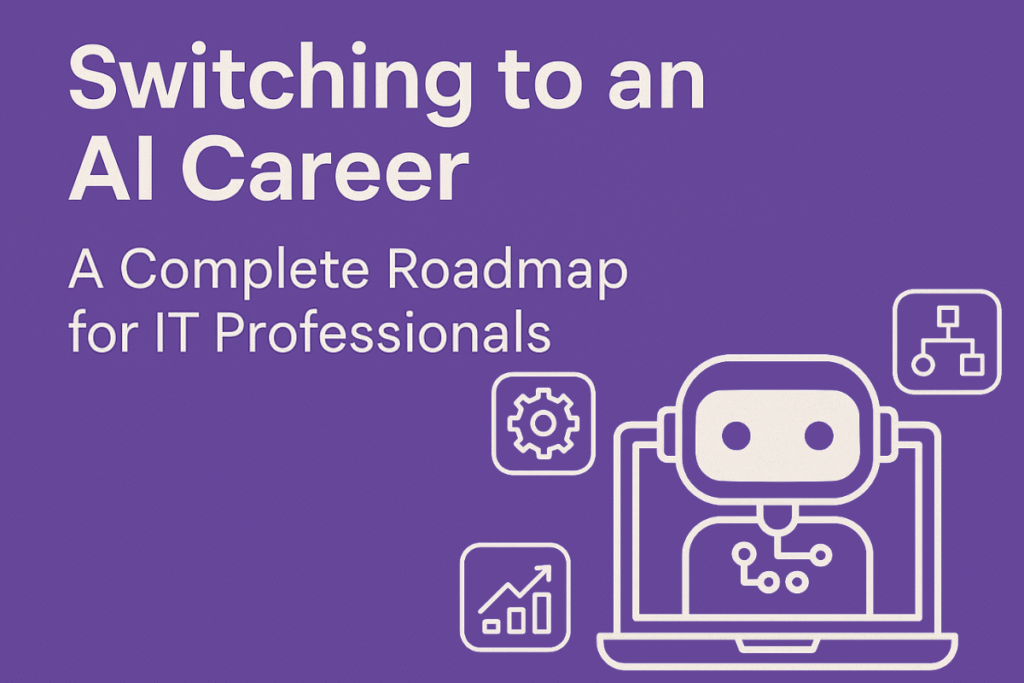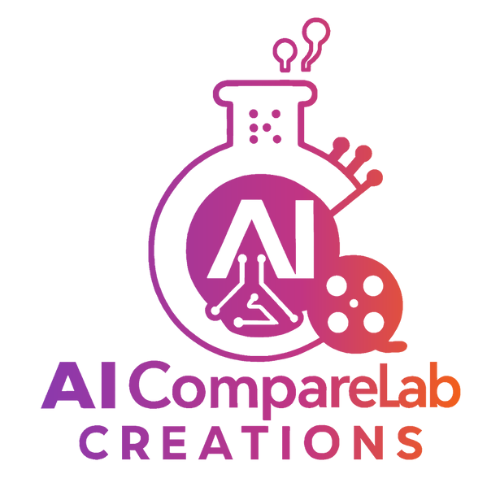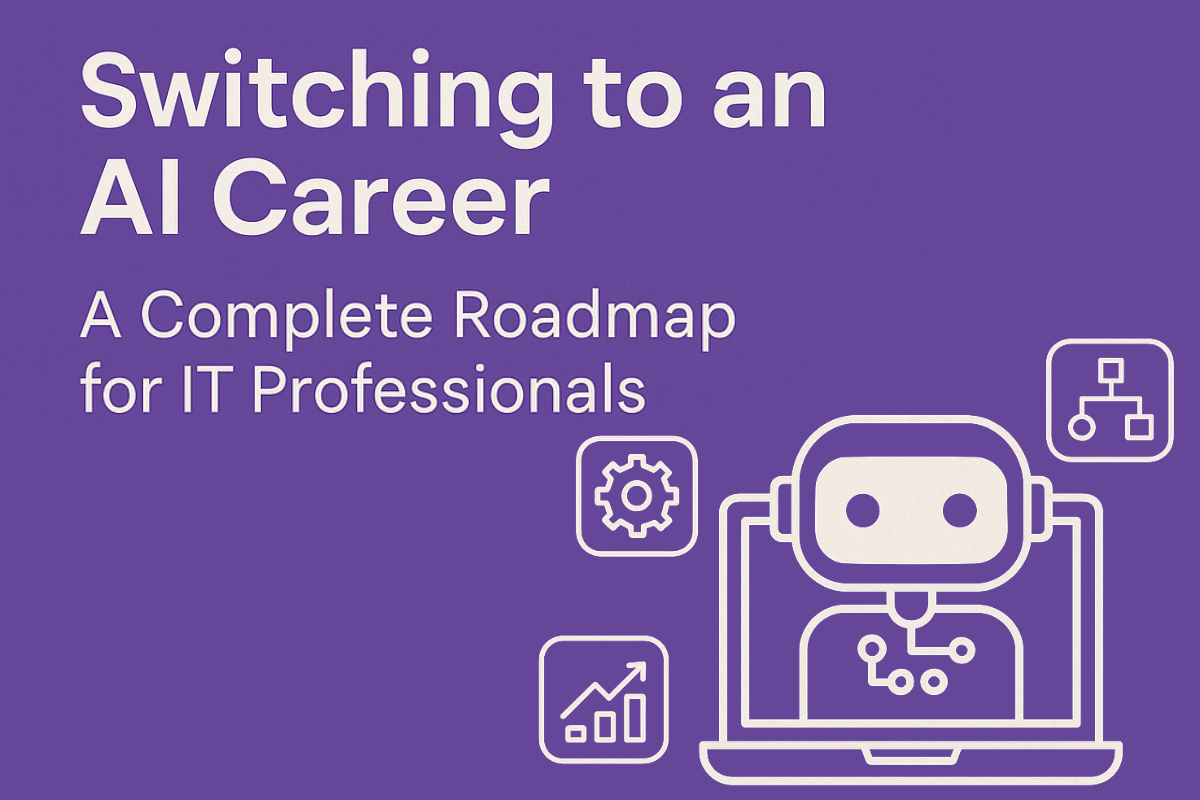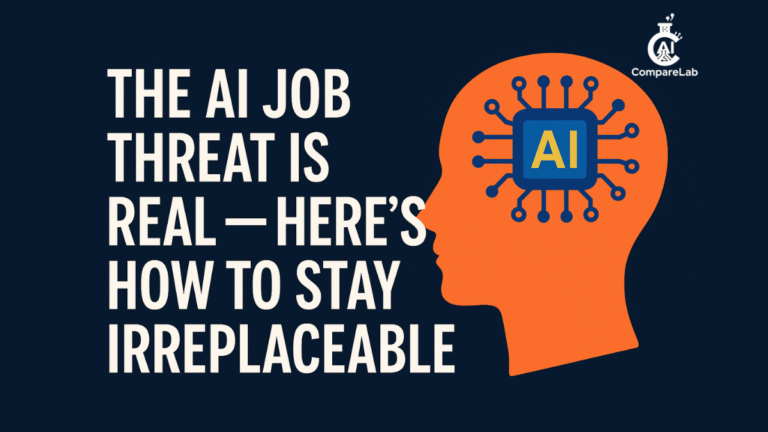Switch to AI Career: The Ultimate 2025 Guide to Skills, Jobs & Salaries
Thinking about a switch to AI career? You’re not alone. In 2025, IT professionals worldwide are transitioning into AI roles faster than ever. AI is rewriting the tech playbook—and it’s not about job loss, but job evolution. For IT professionals, this is not the end of the road but a redirection. From backend developers to QA engineers, the demand for AI-savvy professionals is rising fast. If you’re wondering how to switch to an AI career, now is the time to explore the roadmap that can reshape your future.

More IT pros are choosing to switch to AI career paths because the opportunities, tools, and salaries in AI are evolving rapidly in 2025.
How to Switch to AI Career: Step-by-Step Roadmap for IT Professionals
Why You Should Switch to AI Career in 2025
AI job market is exploding. According to LinkedIn, AI roles grew over 74% YoY globally. It’s not just Big Tech—AI is transforming healthcare, finance, retail, and media. That means long-term relevance and sustainable job growth.
Do You Really Need to Start Over?
Absolutely not. Many IT professionals already possess skills that align with AI: coding, logic, data processing, and systems thinking. Here’s how your experience maps to AI roles:
| Current Role | AI Role | Transferrable Skill |
|---|---|---|
| Backend Developer | ML Engineer | Python, APIs |
| QA Tester | AI Test Engineer | Automation, Pipelines |
| BI Analyst | Data Scientist | SQL, Dashboards |
| Product Manager | AI Product Manager | Cross-functional Strategy |
Beginner-Friendly AI Job Roles
| Job Title | Description | Typical Pay (USD) |
|---|---|---|
| AI/ML Intern | Hands-on learning under senior AI engineers | $20–$35/hr |
| Data Analyst | Work with structured datasets | $55K–$75K/yr |
| AI Product Assistant | Blend of tech and product | $60K–$80K/yr |
| Junior Data Scientist | Python + stats + ML basics | $75K–$100K/yr |
| Prompt Engineer | No-code, natural language-centric | $80K–$120K/yr |
What to Learn (Skill Map for Career Switchers)
🟣 Foundation (Must-Haves): Python (NumPy, Pandas), Math (Linear Algebra, Stats), Git, APIs, JSON
🔵 Core AI/ML Skills: Scikit-learn, TensorFlow, PyTorch, ML algorithms, Neural Networks, Jupyter
🟢 Specializations:
- NLP: Chatbots, Transformers, LLMs
- Computer Vision: OpenCV, Image Models
- Generative AI: LangChain, RAG, Vector DBs
- AI Product Management: No-code tools, Prompt Design
Learning Path & Resources
- Platforms: Coursera (Andrew Ng), Udacity, Fast.ai, DeepLearning.AI
- YouTube: freeCodeCamp, StatQuest, Sentdex
- Tip: Build your portfolio with Kaggle or GitHub projects
A smooth switch to AI career begins with mastering Python, statistics, and a foundational ML library like Scikit-learn or TensorFlow
Salary Expectations & Career Growth
| Role Level | Salary Range (USD) | Comment |
|---|---|---|
| Entry-Level | $75K–$100K | Often portfolio + certs |
| Mid-Level | $120K–$160K | 2–3 years hands-on |
| Senior | $180K–$250K+ | Design + Deployment |
| Leadership | $250K–$400K+ | AI Director, Head of AI |
If you’re preparing to switch to AI career roles, understanding salary expectations helps you plan the right entry point—internships, analyst jobs, or junior AI roles.
Demand Across Industries
| Industry | Use Case Examples | AI Job Demand |
|---|---|---|
| Healthcare | Predictive diagnosis, Imaging | 🔥 Very High |
| Finance | Fraud detection, Algo trading | 🔥 Very High |
| Retail | Recommendation engines | High |
| Manufacturing | Predictive maintenance | Moderate |
| Media | Generative content | Growing |
| Education | LLM tutors, Adaptive learning | Moderate |
Challenges to Expect (and How to Overcome Them)
- Fear of Math: Use visual tools like 3Blue1Brown
- Overwhelming Course Options: Stick to one platform
- No Projects to Showcase: Start with Kaggle or GitHub
- Staying Updated: Follow newsletters and communities
“If you can debug a script, you can debug a model.”
Switching to AI is not a leap into the unknown—it’s a smart pivot using your existing tech base. Bookmark this roadmap, explore our AI Jobs category, and begin your transition today.
Sources Cited
- LinkedIn Jobs on the Rise Report (2024)
- PwC Global AI Jobs Barometer (2025)
- Glassdoor: Machine Learning Engineer Salaries
- BuiltIn: Machine Learning Engineer Salary Report
- DataCamp: Machine Learning Engineer Salary Guide
- Bureau of Labor Statistics: Software Developer Outlook (2023–2033)
- World Economic Forum: Future of Jobs Report (2023)
- CNBC: How AI is reshaping job growth & pay (PwC)
- ZDNet: AI’s Role in Engineering Teams (ServiceNow CTO)
Can I switch to AI without a PhD or master’s degree?
Yes, many AI roles today—especially entry-level ones—focus more on practical skills than formal degrees. Online certifications, portfolio projects, and coding ability are far more important.
Which IT skills are transferable to an AI career?
Skills like Python, data structures, APIs, scripting, and SQL are directly applicable in AI roles. IT professionals with backend, QA, or DevOps experience already have a strong foundation.
What are beginner-friendly AI job roles in 2025?
Some entry-level roles include AI/ML Intern, Data Analyst, Prompt Engineer, AI Product Assistant, and Junior Data Scientist—often requiring only basic coding or data handling.
How much salary can I expect in an AI job?
Entry-level roles start at $75K–$100K/year. With experience, mid-level roles reach $120K–$160K and senior roles exceed $180K–$250K+. Directors and Heads of AI may earn $300K+.
What are the first skills to learn to become an AI engineer?
Start with Python (NumPy, Pandas), basic statistics, linear algebra, Git, and JSON. Then move to machine learning libraries like Scikit-learn or TensorFlow, and build projects in Jupyter Notebooks.


